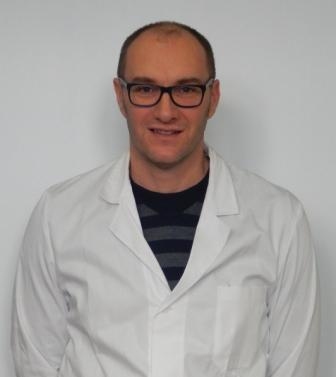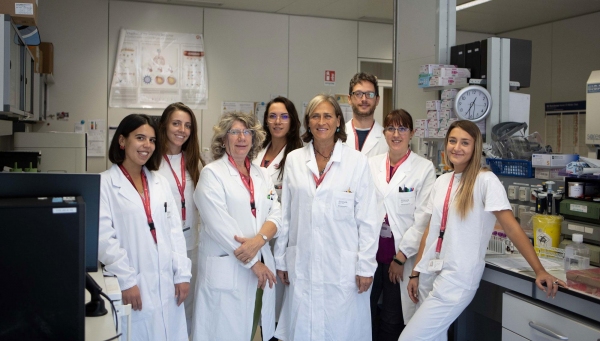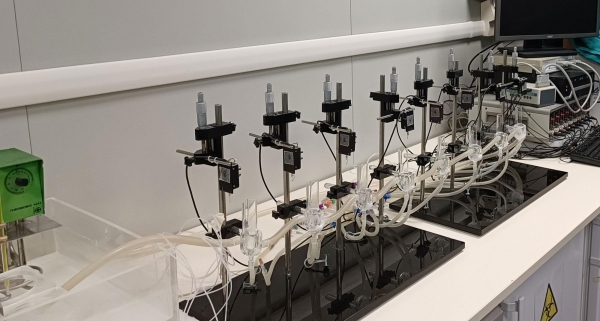From the laboratory to the bedside: a multidisciplinary program to reduce the impact of cardio-respiratory diseases /
Adult Anesthesia and Intensive Care
Research program on patient-base therapy for the critically ill patients
Focus of the research activity is the definition of patient-based therapies and life supports for critical patients, especially for patients affected by acute respiratory failure and sepsis. Patient phenotypes, microcirculation function, the interactions between patient and life supports and between native and artificial organ will be studied.
Research program on myocardial ischemia, cardiac arrest and cardiopulmonary resuscitation
Research activities include experimental studies and clinical trials whose purpose is to:
- Assess the epidemiology of the pathology
- Study the pathophysiological mechanisms of heart, lung, and brain injury from cardiac arrest
- Study and test new interventions to improve cardiopulmonary resuscitation and defibrillation
- Evaluate new post resuscitation therapeutic strategies to improve survival and neurological and functional outcome
- Identify and study new circulating markers:
- analyze epidemiologic data and short- and long-term outcomes
- collect and analyze data on rescue interventions by the community emergency system
- design and conduct observational and interventional studies, both pharmacological and on medical devices, on prehospital management
Research program on respiratory physiology
Research activities include experimental studies and clinical trials on:
- Physiological research on the mechanisms of increased respiratory drive and on lung injury caused by ventilation-perfusion mismatch in patients admitted to the intensive care unit with hypoxemic acute respiratory failure
- Experimental research on mechanisms of acute lung injury associated with ventilation-perfusion mismatch.
Research program on monitoring and management of acute respiratory failure
Research activities include experimental studies and clinical trials on:
- Advanced respiratory monitoring (respiratory drive, inspiratory effort, diaphragmatic electromyography, functional respiratory muscle assessment)
- Setting invasive and noninvasive mechanical ventilation
- Pathophysiology and management of extracorporeal respiratory support (ECMO)
- Epidemiology, etiology and impact on outcome of nosocomial infections in critically ill patients
Research program on perioperative management of solid organ transplantation
The focus of the research program is the optimization of intraoperative and postoperative management of patients undergoing solid organ transplantation, with particular attention to lung and liver transplant. The aim of the projects is the improvement of the management of these patients in ICU: optimization of mechanical ventilation, prevention and treatment of primary graft dysfunction; hemodynamic optimization and prevention of right ventricular dysfunction; and optimization and prevention of postoperative renal failure.
Research program on coagulation problems of critically ill patients
The objective of this research is to study the coagulation problems of critically ill patients using viscoelastic point-of-care tests of coagulation. This technology has been extensively used in recent years to guide the administration of blood products in critically ill patient in case of severe bleeding, to identify patients at thromboembolic risk, and to allow titration of anticoagulants during extracorporeal circulation for acute respiratory and cardiac failure. Our research is currently focused on the development of algorithms for coagulation monitoring, definition of normal ranges for special critical patient populations, and the study of hypo-fibrinolysis in patients with sepsis and septic shock. Thrombotic complications related to vascular accesses will also be evaluated.
Research program on organ supports
Focus of the research activity is the development of techniques and technologies that can improve both the support of the critically ill patients with organ failure and the ex-situ support of organs harvested for transplantation. Research activities, when applicable, will start with in-silico studies followed by in-vitro, ex-situ, experimental and clinical studies.
- LUCAS 3 (Stryker)
- X-Series (ZOLL, Med)
- Electrical impedance tomography (PulmoVista 500, Drager)
- CT SCAN
- Esophageal pressure monitoring
- Electrical impedance tomography (EIT) (Enlight 1900, Timpel, São Paulo, Brazil)
- GE Vivid IQ ultrasound machine (GE Healthcare, Milwaukee, WI).
- EchoPAC Clinical Workstation software (GE Healthcare, Milwaukee, WI).
- Nephrocheck® (Astute Medical, Paris, FRA)
- ClotPro® (Haemonetics)
- VCM® (Entegrion)
- Near-infrared spectroscopy (NIRS)
- ExSpiron (Respiratory Motion)
National:
- Mario Negri Institute for Pharmacological Research, Milan
- University of Milan
- Agenzia Regionale Emergenza Urgenza (AREU)
- Italian Resuscitation Council
- ASST Papa Giovanni XXIII Hospital
- Molinette Hospital - City of Health and Science of Turin
- University of Turin
- Sant'Orsola Polyclinic
- IRCCS San Gerardo dei Tintori Foundation - Monza
- San Raffaele University, Milan
- Humanitas Research Hospital, Rozzano
- RESPIRA Network
International:
- Helsinki University Hospital
- National Advisory Unit on Prehospital Emergency Medicine, Oslo University Hospital
- PARQ e-COST network
- European Resuscitation Council
- Plug working group
- Inova Fairfax Hospital, Falls Church, VA (USA)
- University of California San Francisco
- Massachusetts General Hospital
- Harvard University
- King's College London
- Aalborg University
- University of Groningen
- International ECMO network
- The University of Queensland
- University of Toronto
Personalization of critical patient care team: 1 full professor, 5 anesthesiologists-resuscitators, 2 biostatisticians, 1 biotechnologist, 1 data scientist, 1 physical therapist
Myocardial ischemia, cardiac arrest and cardiopulmonary resuscitation team: 1 associate professor, 2 anesthesiologists-resuscitators, 1 study coordinator
Respiratory physiology team: 1 associate professor, 2 anesthesiologists-resuscitators
Acute respiratory failure monitoring and management team: 1 full professor, 4 anesthesiologists-resuscitators, 1 biostatistician, 1 nurse
Perioperative management of solid organ transplantation team: 1 university researcher, 3 anesthesiologists-resuscitators, 1 health care researcher
Coagulation problems of critically ill patients team: 4 anesthesiologists-resuscitators
Organ support team: 1 associate professor, 6 anesthesiologists-resuscitators, 1 biostatistician
—
Other activities in this Research Line
From the laboratory to the bedside: a multidisciplinary program to reduce the impact of cardio-respiratory diseases
Cardiology
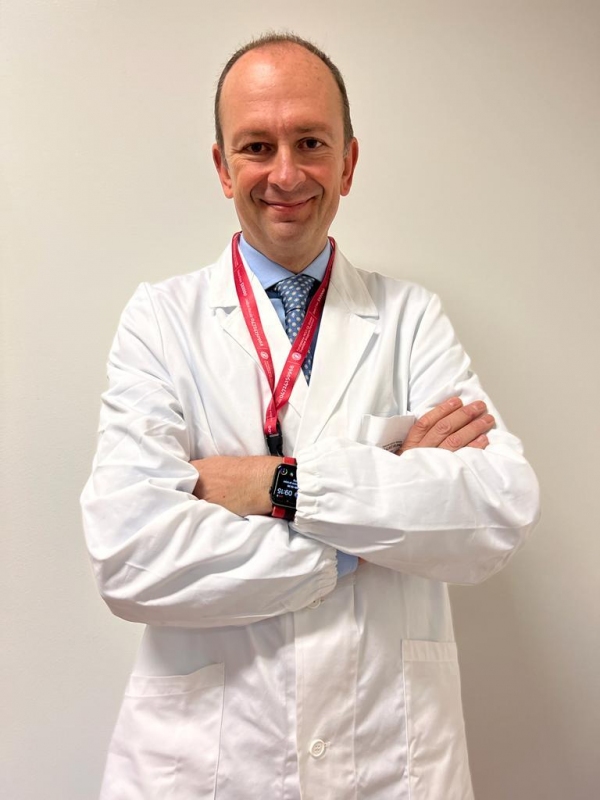
Stefano Carugo
Thoracic Surgery and Lung Transplant
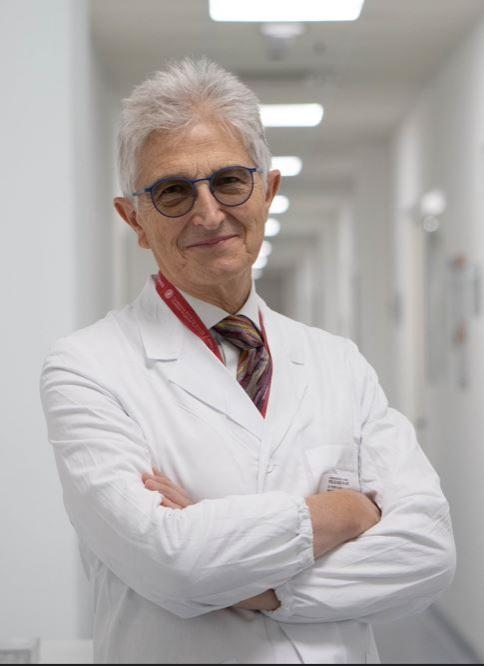
Mario Nosotti
Vascular Surgery
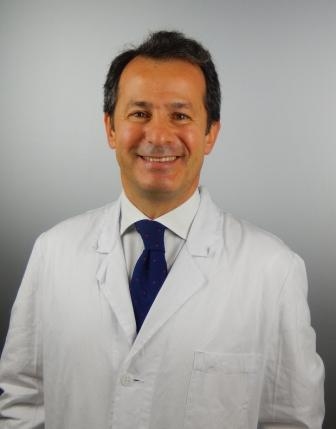
Santi Trimarchi
Geriatrics
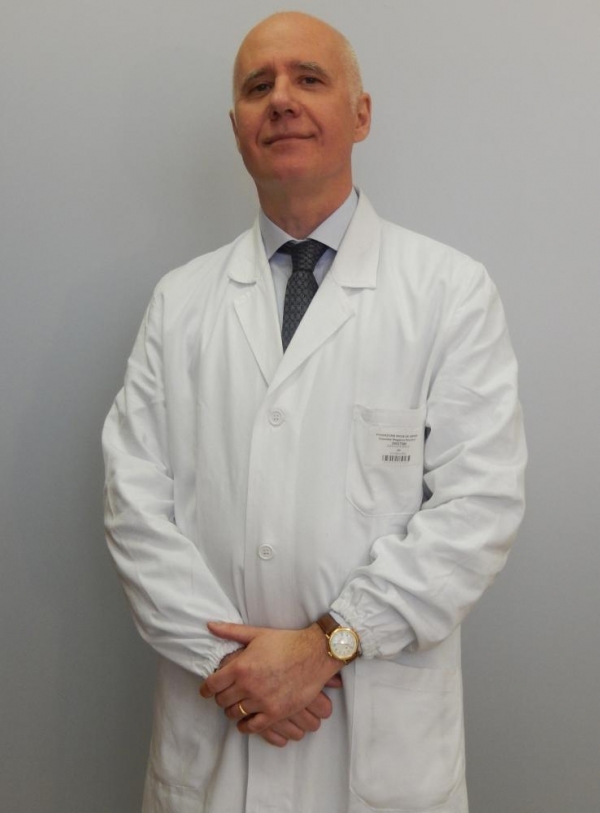
Tiziano Lucchi
Infectious Diseases

Alessandra Bandera
Neonatology and Neonatal Intensive Care Unit
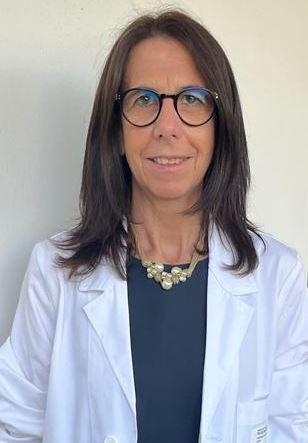
Monica Fumagalli
Pediatrics - Gastroenterology, hepatology, pediatric transplantation and Cystic Fibrosis
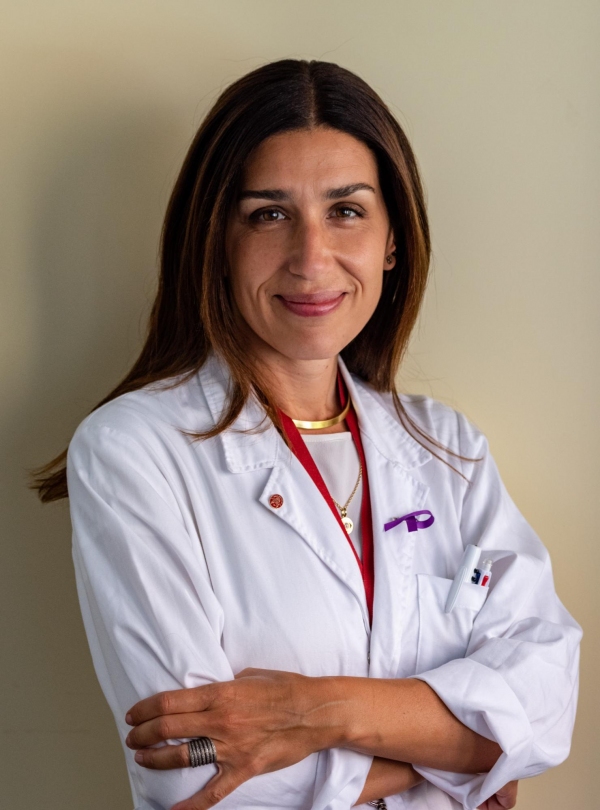
Marina Aloi
Pediatrics - Pneumoinfectiology
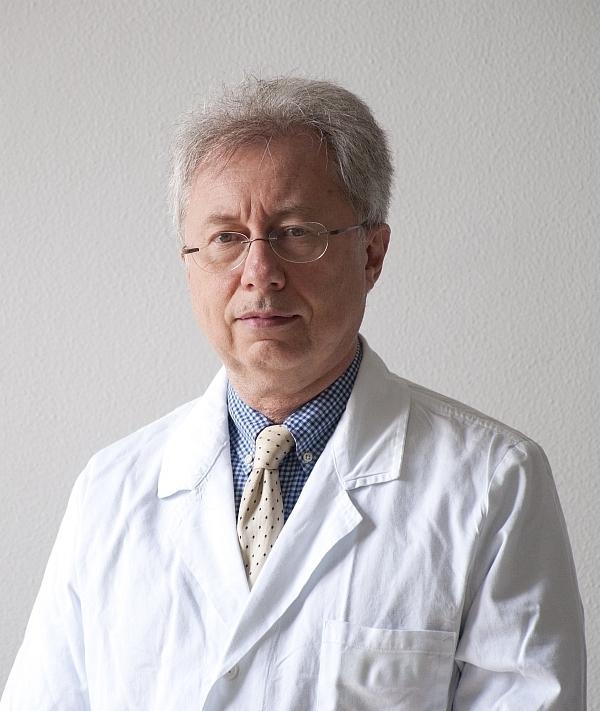
Carlo Virginio Agostoni
Pulmonology and Cystic Fibrosis
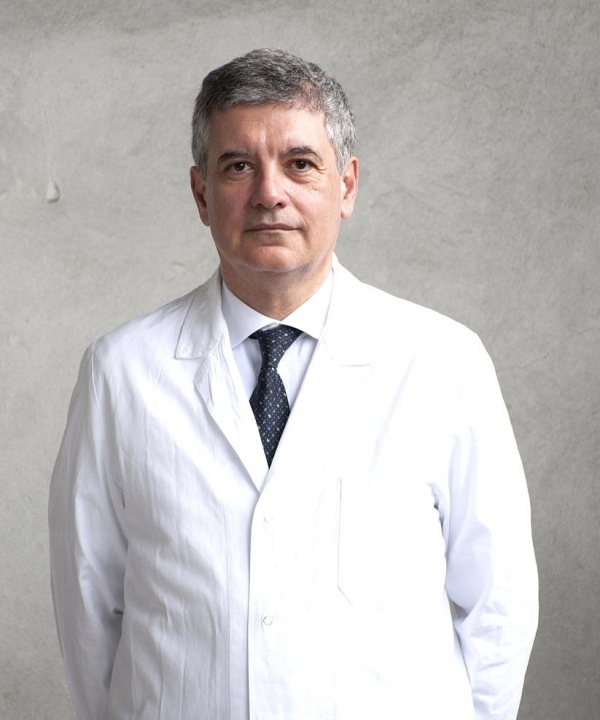
Francesco Blasi
